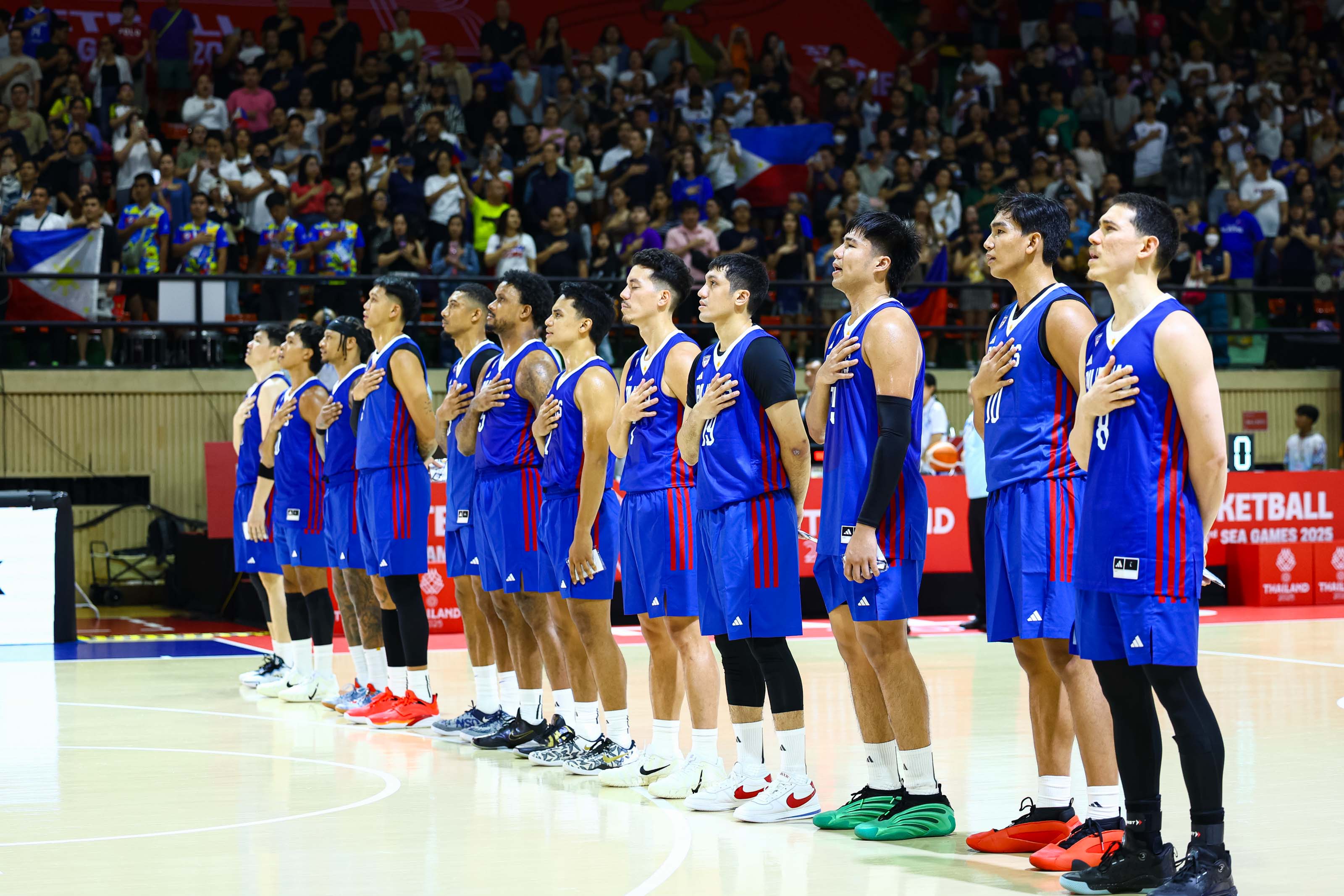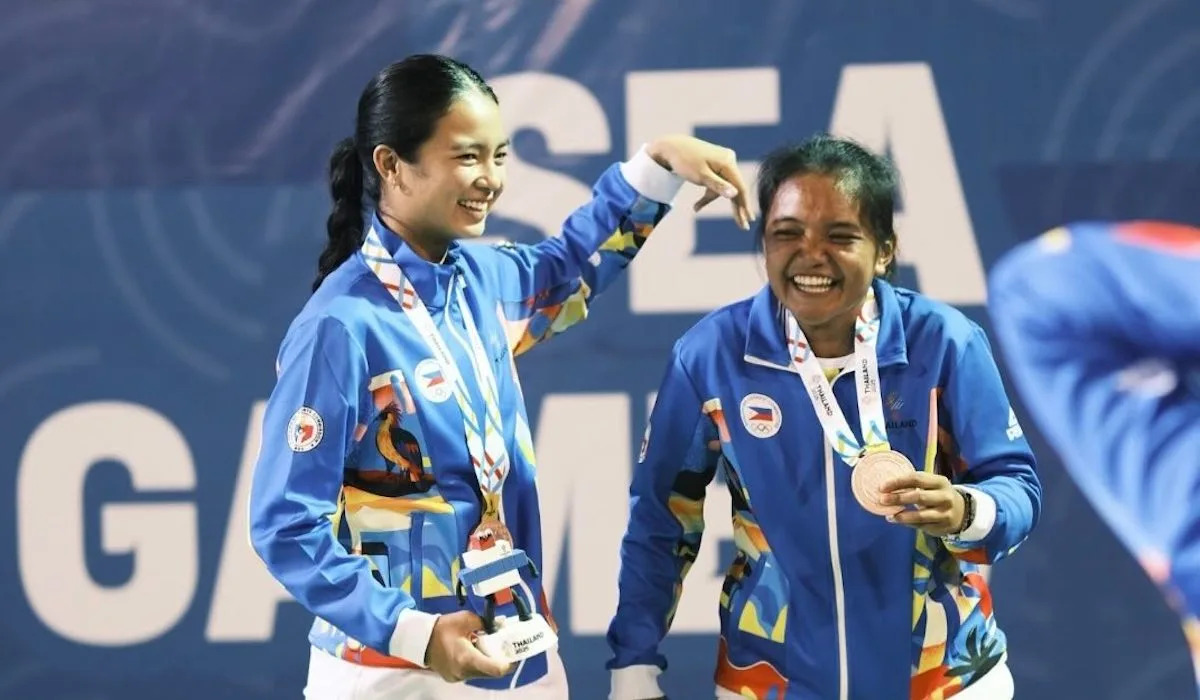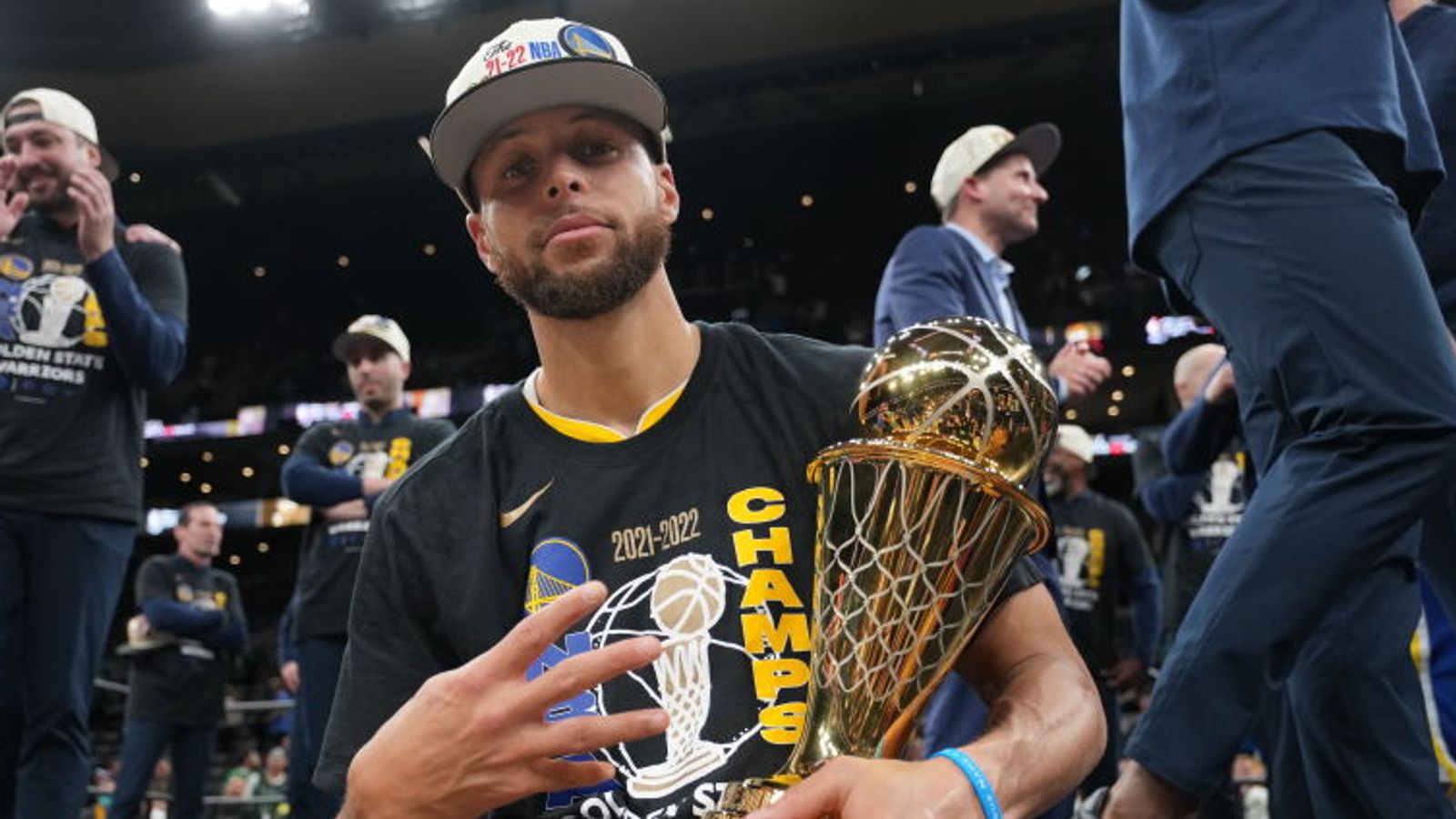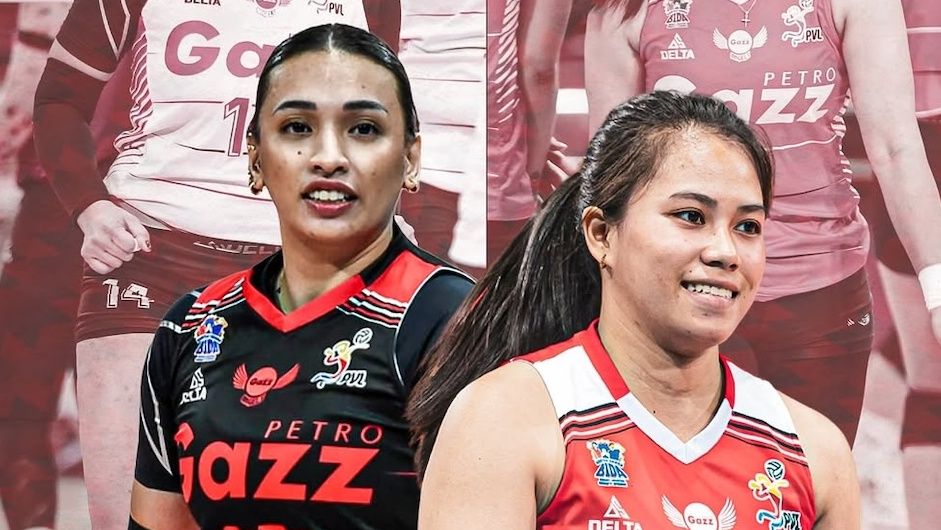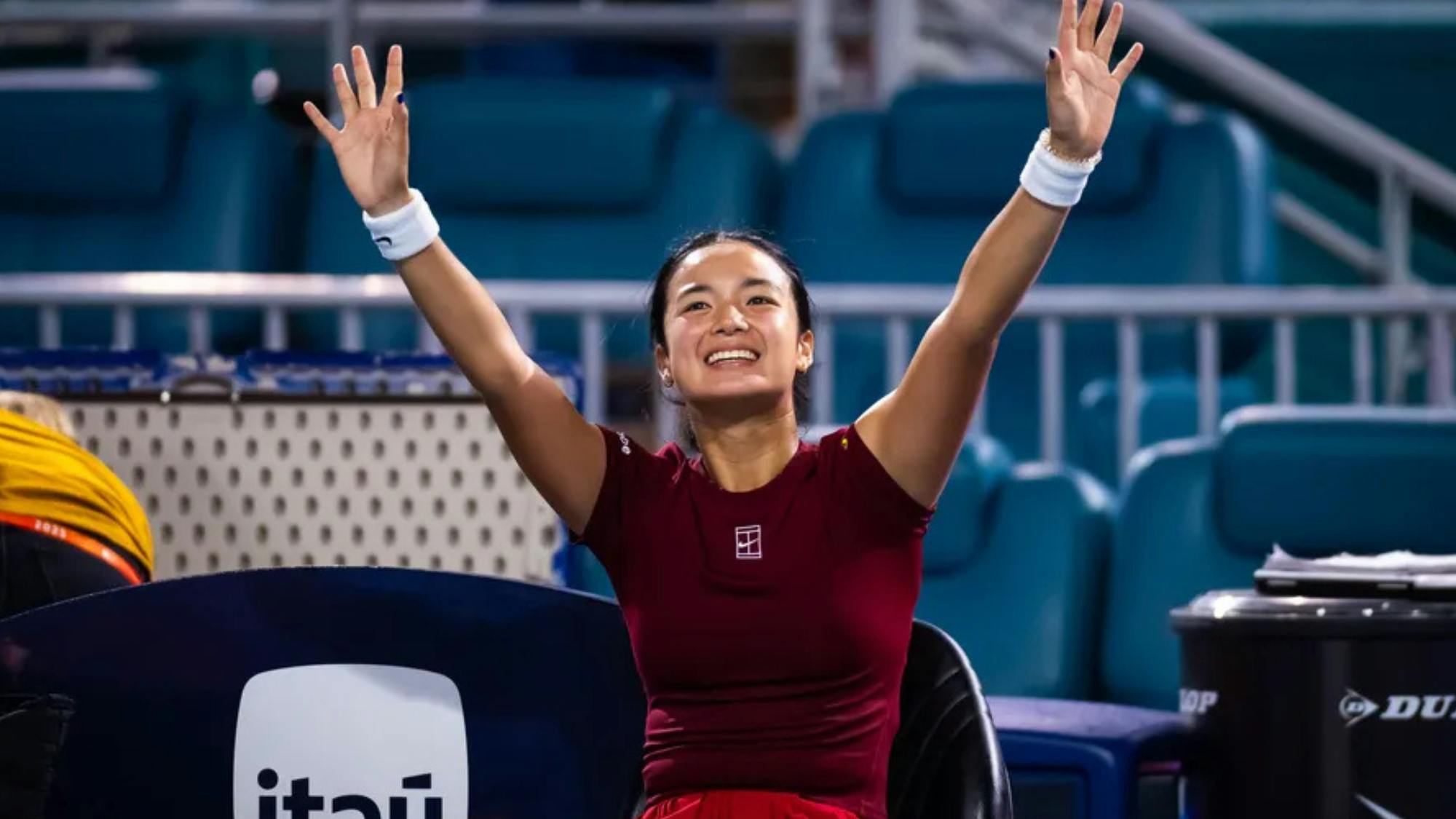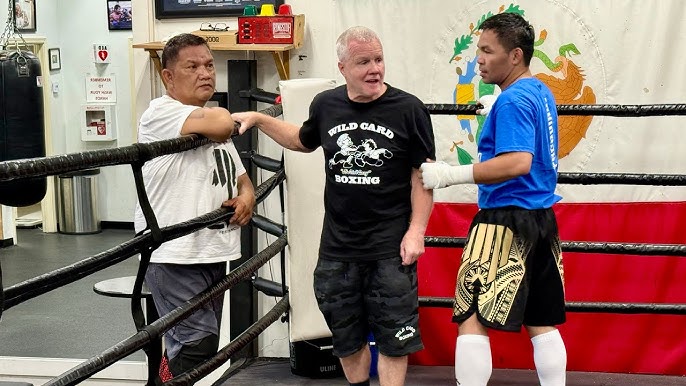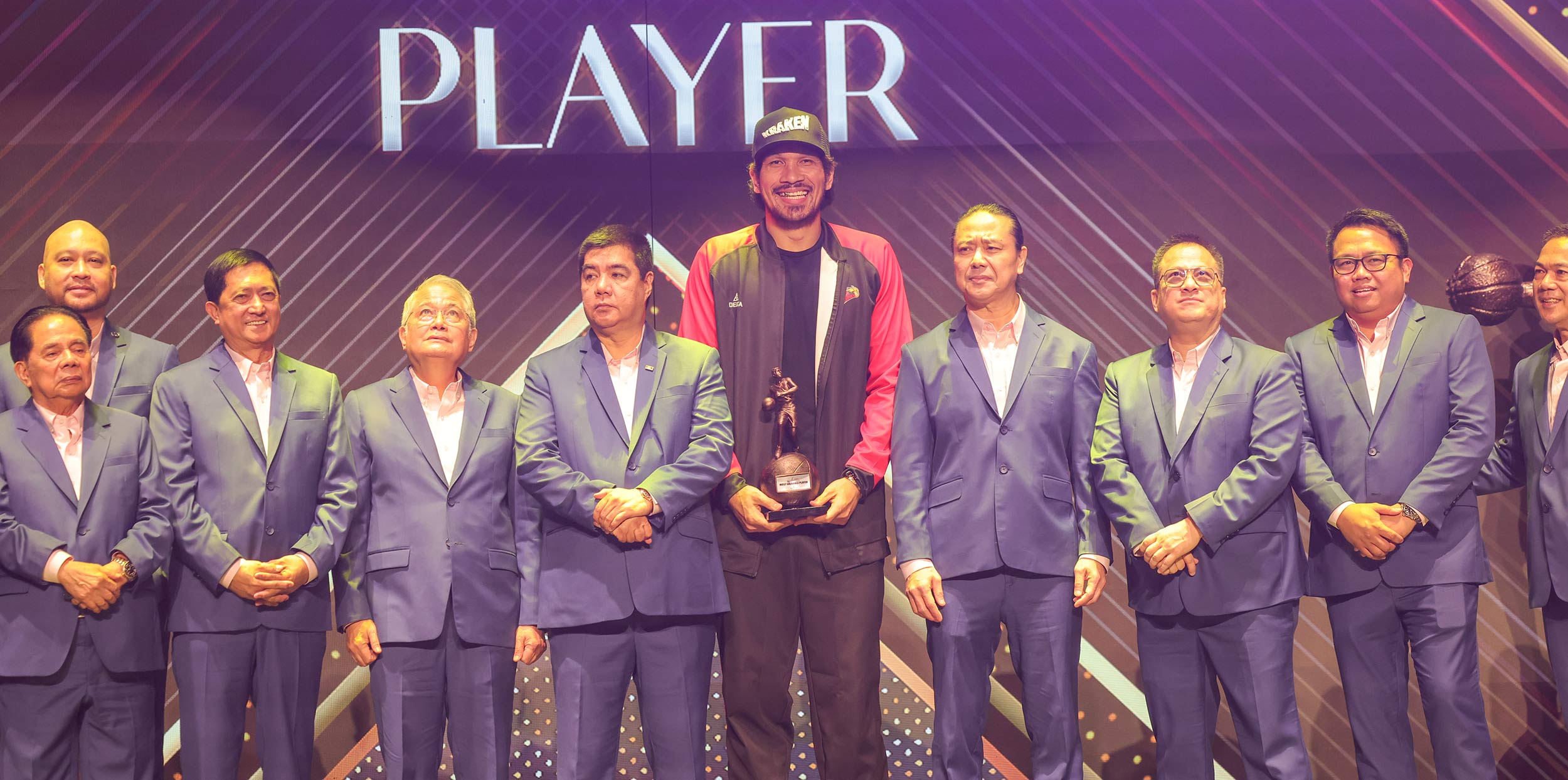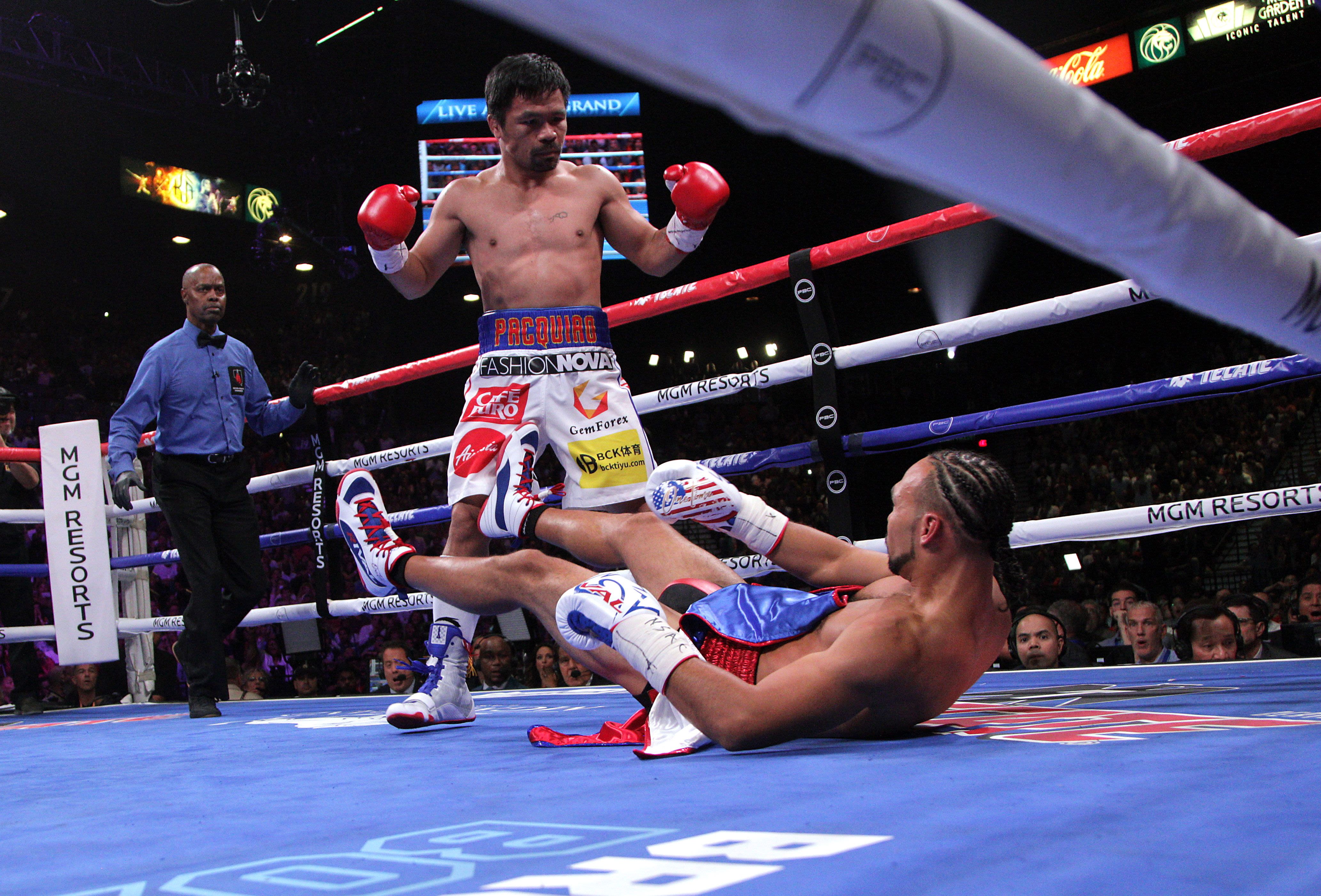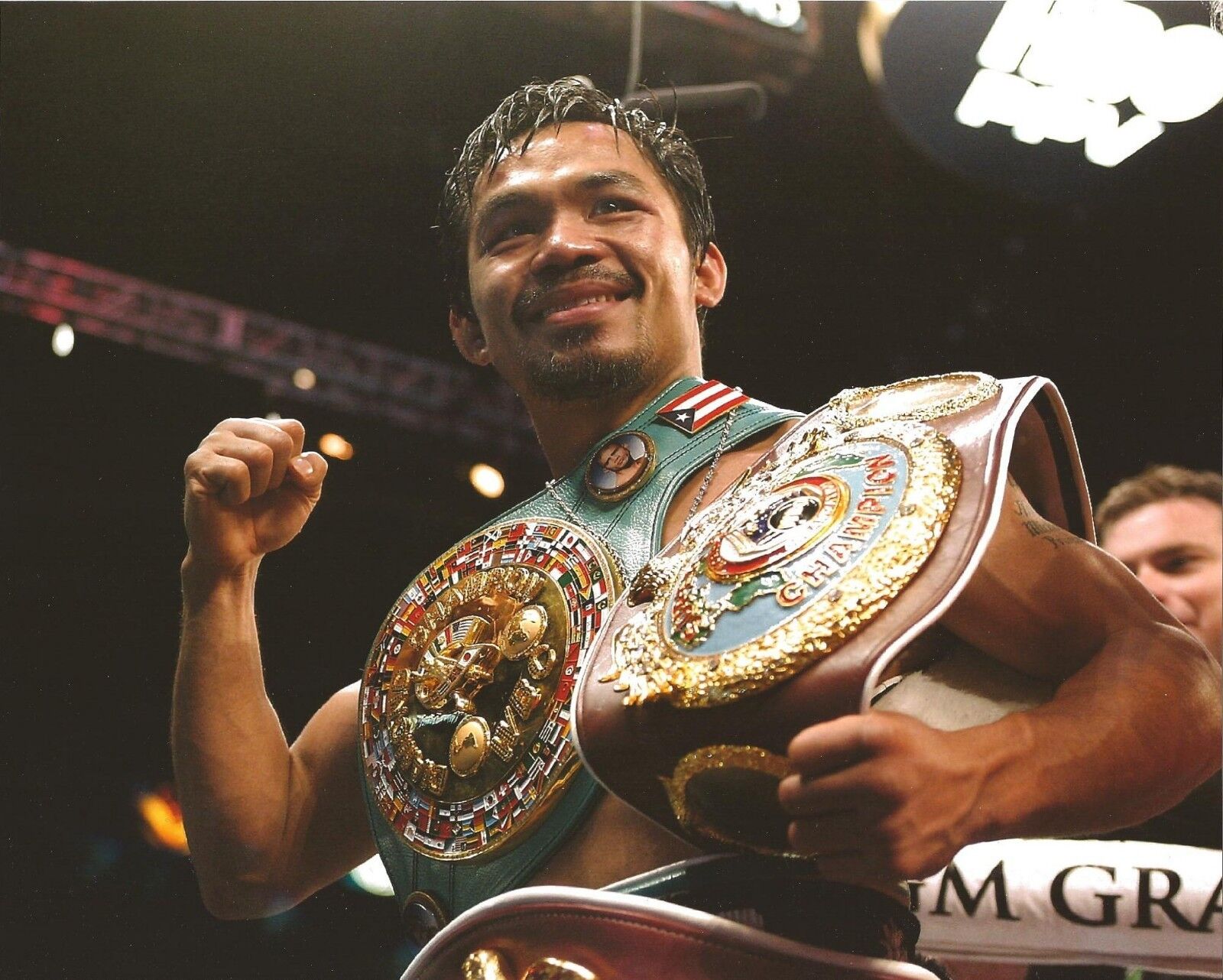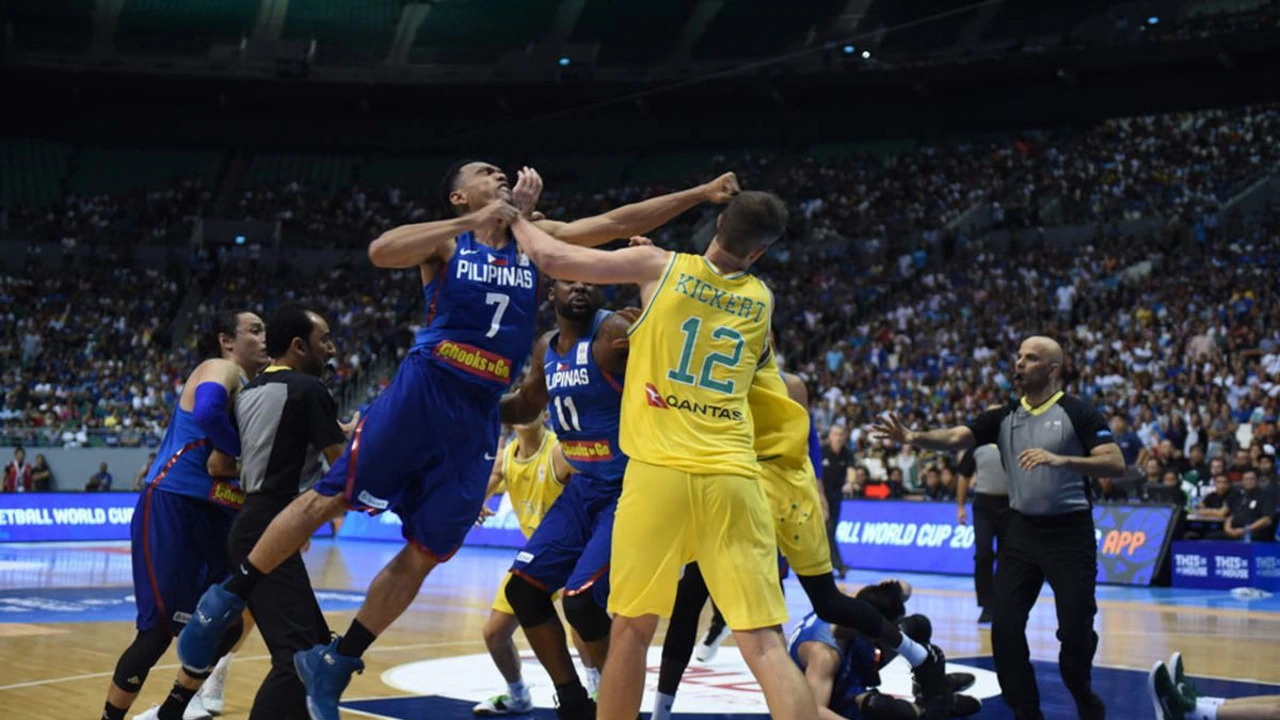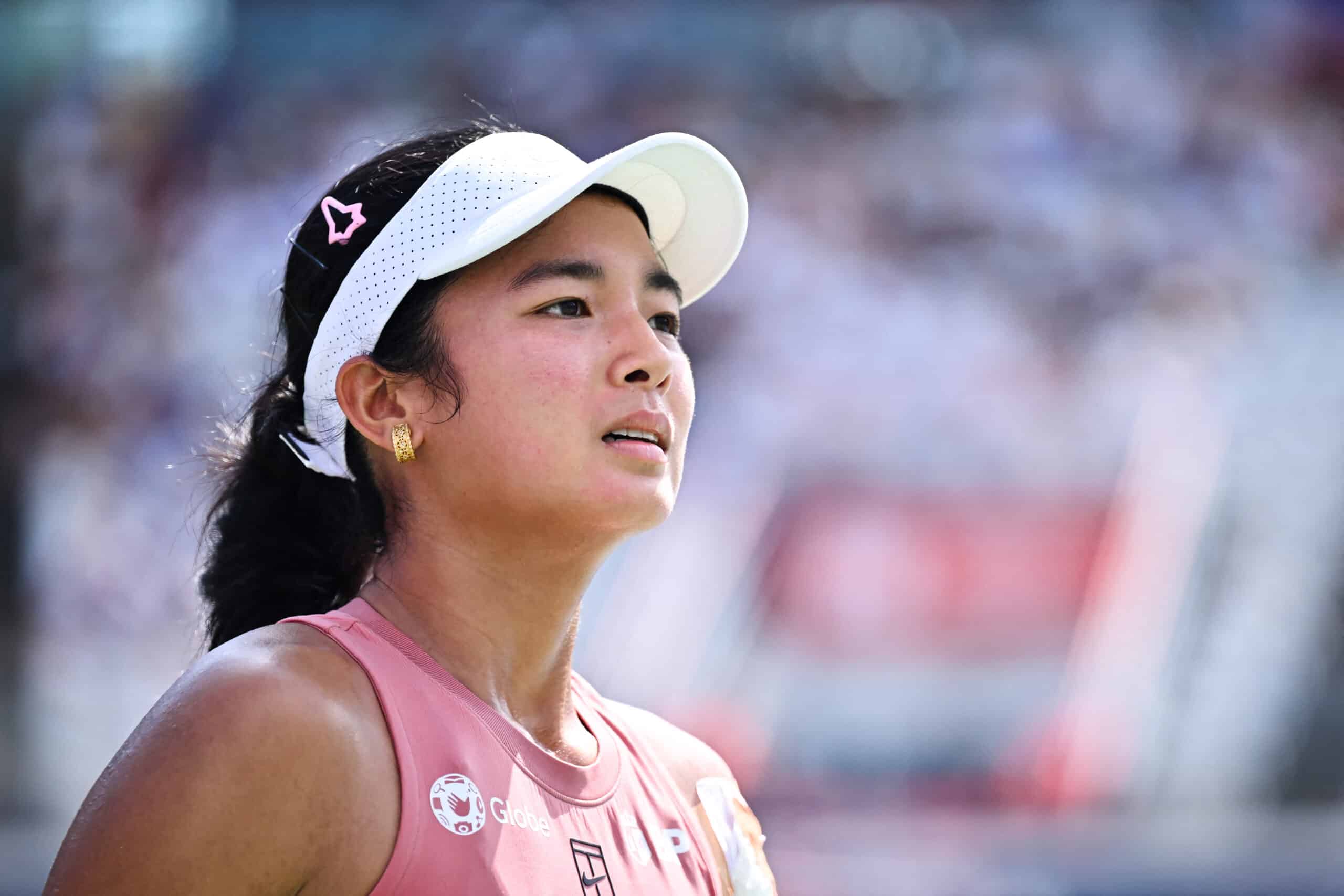- Home
- BasketballDiscover the latest trends, style tips, and fashion news from around the world. From runway highlights to everyday looks, explore everything you need to stay stylish and on-trend.
- Volleyball
- Soccerstay updated with the latest football news, match highlights, scores, player stats, and expert analysis from leagues around the world. Your ultimate destination for all things football.
- BoxingTransform your living spaces with inspiration, tips, and trends in interior design. From minimalist decor to bold statements, find ideas for every style and budget.
- Blogs
- Fixtures & ResultsGet the latest sports fixtures and results, including schedules and scores for NBA, PBA, UAAP, NCAA, and more. Stay informed with real-time updates at Sports News PH.
- Pinoy Sports PulseStay updated with the latest sports news, scores, and analyses from the Philippines. Covering PBA, UAAP, NCAA, and more
- Esports
- Opinion & EditorialExplore an in-depth analysis of recent policy changes and their effects on local communities in our latest editorial.
- Game PredictionsAccess expert game predictions, betting tips, and detailed analyses for NBA, PBA, and international sports events. Stay informed and enhance your game insights with our accurate forecasts.
- OKGamesDiscover unlimited fun at OKgames—a free online gaming platform featuring arcade, strategy, racing, and puzzle games with no downloads required.
- Player ProfileDiscover detailed football player profiles including career stats, biography, position, club history, and recent performances. Everything you need to know about top football talent.
- Stars Beyond Sports
- Home
- BasketballDiscover the latest trends, style tips, and fashion news from around the world. From runway highlights to everyday looks, explore everything you need to stay stylish and on-trend.
- Volleyball
- Soccerstay updated with the latest football news, match highlights, scores, player stats, and expert analysis from leagues around the world. Your ultimate destination for all things football.
- BoxingTransform your living spaces with inspiration, tips, and trends in interior design. From minimalist decor to bold statements, find ideas for every style and budget.
- Blogs
- Fixtures & ResultsGet the latest sports fixtures and results, including schedules and scores for NBA, PBA, UAAP, NCAA, and more. Stay informed with real-time updates at Sports News PH.
- Pinoy Sports PulseStay updated with the latest sports news, scores, and analyses from the Philippines. Covering PBA, UAAP, NCAA, and more
- Esports
- Opinion & EditorialExplore an in-depth analysis of recent policy changes and their effects on local communities in our latest editorial.
- Game PredictionsAccess expert game predictions, betting tips, and detailed analyses for NBA, PBA, and international sports events. Stay informed and enhance your game insights with our accurate forecasts.
- OKGamesDiscover unlimited fun at OKgames—a free online gaming platform featuring arcade, strategy, racing, and puzzle games with no downloads required.
- Player ProfileDiscover detailed football player profiles including career stats, biography, position, club history, and recent performances. Everything you need to know about top football talent.
- Stars Beyond Sports
Now Reading: A legacy of champions: The history of Philippine boxing
-
01
A legacy of champions: The history of Philippine boxing
- Home//
- Basketball//Discover the latest trends, style tips, and fashion news from around the world. From runway highlights to everyday looks, explore everything you need to stay stylish and on-trend.
- Volleyball//
- Soccer//stay updated with the latest football news, match highlights, scores, player stats, and expert analysis from leagues around the world. Your ultimate destination for all things football.
- Boxing//Transform your living spaces with inspiration, tips, and trends in interior design. From minimalist decor to bold statements, find ideas for every style and budget.
- Blogs//
- Fixtures & Results//Get the latest sports fixtures and results, including schedules and scores for NBA, PBA, UAAP, NCAA, and more. Stay informed with real-time updates at Sports News PH.
- Pinoy Sports Pulse//Stay updated with the latest sports news, scores, and analyses from the Philippines. Covering PBA, UAAP, NCAA, and more
- Esports//
- Opinion & Editorial//Explore an in-depth analysis of recent policy changes and their effects on local communities in our latest editorial.
- Game Predictions//Access expert game predictions, betting tips, and detailed analyses for NBA, PBA, and international sports events. Stay informed and enhance your game insights with our accurate forecasts.
- OKGames//Discover unlimited fun at OKgames—a free online gaming platform featuring arcade, strategy, racing, and puzzle games with no downloads required.
- Player Profile//Discover detailed football player profiles including career stats, biography, position, club history, and recent performances. Everything you need to know about top football talent.
- Stars Beyond Sports//
- Home
- Opinion & Editorial
- A legacy of champions: The history of Philippine boxing
A legacy of champions: The history of Philippine boxing
Arjun DevganOpinion & Editorial7 months ago270 Views
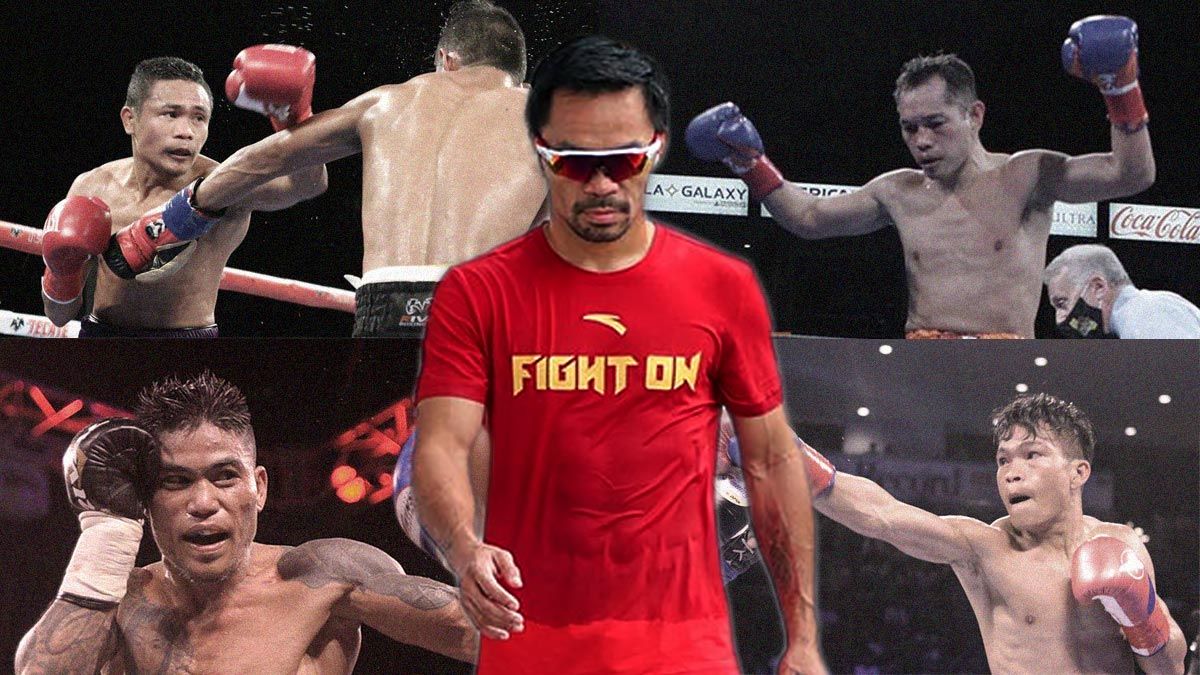
Boxing in the Philippines is more than just a sport—it’s a deeply woven part of the national identity. From the dusty makeshift rings of provincial gyms to the bright lights of Las Vegas, Filipino boxers have fought not just for titles, but for pride, survival, and a place in history.
Through grit, heart, and talent, Philippine boxing has become a powerful symbol of resilience for a country long accustomed to underdog status.
The Early Rounds: Colonial Roots and the Rise of Local Heroes
The roots of boxing in the Philippines can be traced back to the early 1900s during the American colonial period. American soldiers stationed in the country brought with them the sport of boxing, and Filipinos quickly embraced it. What started as a spectacle for entertainment soon evolved into a platform for physical excellence and upward mobility.
The first Filipino to make waves internationally was Francisco “Pancho Villa” Guilledo, who became the first Asian to win a world boxing championship when he claimed the world flyweight title in 1923. Trained under American boxing legend Frank Churchill, Villa was known for his relentless pressure and punching power. Tragically, he died young at 23, but his legacy opened the door for generations of Filipino fighters to dream big.
A Nation’s Obsession: From Flash Elorde to the Modern Era
Following Pancho Villa’s groundbreaking success, the sport continued to evolve. In the 1950s and 60s, Gabriel “Flash” Elorde emerged as the face of Philippine boxing. He was a stylish southpaw with excellent footwork, capturing the world super featherweight title and defending it for seven years—a record that stood for decades.
Elorde wasn’t just a great boxer; he became a cultural icon. His influence helped institutionalize boxing in the country, with the rise of local gyms and regional tournaments. But after his retirement, the sport experienced a lull internationally, although it remained popular domestically.
Then came the 1990s and early 2000s—ushering in what many consider the Golden Age of Philippine Boxing, led by none other than Manny “Pacman” Pacquiao.
Pacquiao: More Than a Champion
Manny Pacquiao’s rise from extreme poverty in General Santos City to becoming an eight-division world champion is one of the most incredible stories in sports history. With blistering speed, knockout power, and unrelenting determination, Pacquiao didn’t just dominate in the ring—he transcended it.
He unified a deeply divided nation, becoming a rare unifying symbol in Philippine politics and pop culture. His fights were treated as national holidays, with streets emptying and crime rates dropping to near zero when he stepped into the ring. Pacquiao became the ultimate underdog-turned-icon, and even as his political career garnered mixed reactions, his legacy in boxing remains unblemished.
HANGGANG HULI, BUO ANG SIGAW NG BAYAN SA’YO, MANNY!
Inabangan at pinanood ng Filipino boxing fans ang livestream ng laban para sa WBC welterweight title sa pagitan ni pambansang kamao at dating senador Manny Pacquiao at WBC welterweight champion na si Mario Barrios, sa isang… pic.twitter.com/2emTLaFZ64
— GMA Integrated News (@gmanews) July 20, 2025
Beyond Pacquiao: The New Generation
The shadow of Pacquiao’s greatness has loomed large, but a new generation of Filipino boxers is eager to step out and carry the torch.
Names like:
- Nonito “The Filipino Flash” Donaire – A multiple-division champion known for his technical brilliance and counterpunching,
- Jerwin Ancajas – Former IBF super flyweight champion with impressive title defenses,
- Mark Magsayo, Eumir Marcial, and Dave Apolinario – rising stars with global aspirations,
…have all kept the Philippine flag waving in international arenas.
Moreover, the amateur scene, buoyed by international success like that of Olympic silver medalist Nesthy Petecio and bronze medalist Eumir Marcial, is blossoming with talent and government support through the Philippine Sports Commission and ABAP (Association of Boxing Alliances in the Philippines).
Opinion: Why Boxing Still Matters in the Philippines
In a nation with millions living below the poverty line, boxing represents hope. It offers a rare but powerful path to global recognition, financial independence, and national pride. For many young Filipinos, a pair of gloves is more than sports equipment—it’s a lifeline.
But the country must do more to nurture its boxing talent. Grassroots development, proper training infrastructure, and health protections for retired fighters are crucial. The emotional toll and physical damage boxers suffer must be countered with post-career support systems and education.
Additionally, boxing has to compete with other emerging sports like basketball and MMA for attention and sponsorship. To maintain its storied legacy, it must adapt—investing in new media, building heroes from local scenes, and encouraging Filipino pride through sporting excellence.
Final Bell: A Legacy Still Being Written
From Pancho Villa to Manny Pacquiao and beyond, Philippine boxing has proven time and again that greatness knows no borders. The sport has gifted the nation not just champions, but role models. While the faces may change and the spotlight may shift, the spirit of Filipino boxing—brave, relentless, and proud—remains indomitable.
The gloves are still on. The fight continues.
OKBET is Asia’s most trusted and popular online sports gaming platform. Visit us on OKBET to stay up to date with all sports news from around the world.













